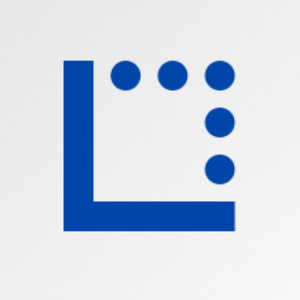Hey guys,
Looking at http://www.28degreescard.com.au/apply.html,
Minimum repayments
Your monthly payment for a statement period will be:
2.5% of the closing balance or $30 (whichever is greater), plus:
- any existing arrears carried over from your previous statement
- any amount you owe over your credit limit
- nil if your closing balance is $10 or less
Doesn't that mean that I have to pay at least $30 every month? So theoretically there's an annual fee? Can someone explain that to me?
Thanks!
Mod: Moved to Financial Forum.

NO annual fee.
Paying off more than the minimum is paying OFF debt, or in other words paying down the loan. Which you will have to do sometime or other in your life if you do go into debt.
Paying fees means no reduction in debt - thats what makes it a fee.
The minimum means if you wish to leave some money not paid. Then the minimum rule kicks in AND BTW hefty interest charges.
Pay off the balance each month and you are laughing.
Dont pay off and you'll be crying.. well sort of.